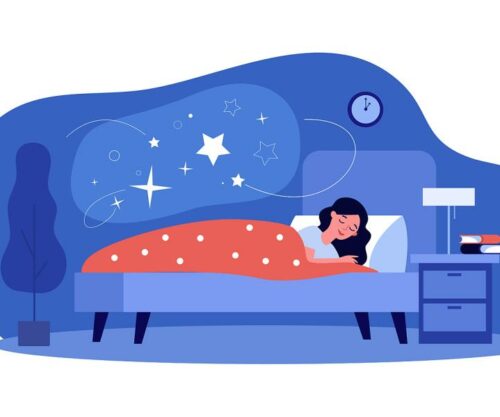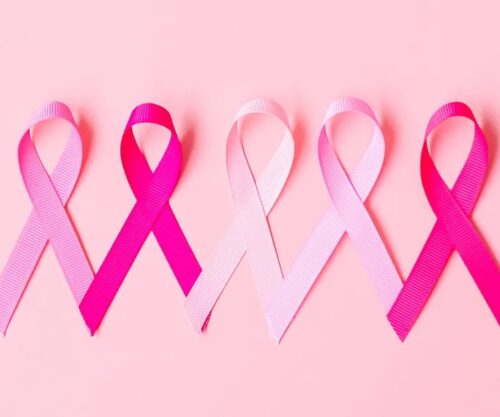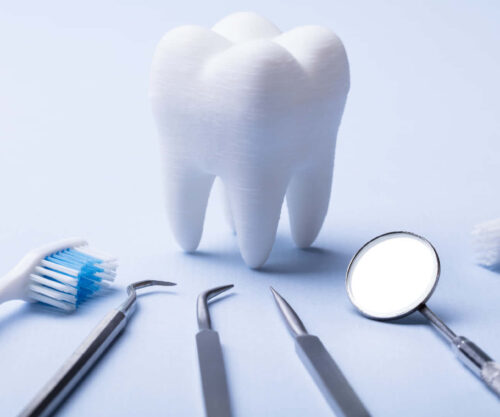
As we welcome in the new season that is spring, some people are less eager, especially those hay fever sufferers who dread their long lost foe. Although regarded as a mild illness, hay fever can result in days of work and school being lost out on due to severe bouts of sneezing, intense itching of the nose, palate and even your ear canals.
Dr Philippa Peil, Liberty’s Chief Medical Officer says, “Hay fever is caused by a variety of allergens such as pollen from trees, grasses and weeds – all of which are wind-pollinated – getting into the air and are then breathed in, causing inflammation of the lining of the nose, throat and eyes.”
Symptoms
The symptoms that hay fever sufferers experience are as a direct cause of your immune system attempting to prevent the spread of what it mistakenly thinks is a harmful organism. Unfortunately, the symptoms caused by the allergens are triggered rather rapidly and can lead to irritability and fatigue.
Cure
Unfortunately, there is currently no cure for hay fever but symptoms can be alleviated through treatment. Simple nasal rinses with saline solutions can remove allergens from the nose. And as with most allergies, the best way to control hay fever is to reduce your exposure to the substances that trigger it, especially during spring and summer.
If these simple treatments don’t provide much relief and further alleviation of symptoms is required, there are many over-the-counter antihistamines that a pharmacist can recommend. Antihistamines treat hay fever by blocking the natural histamine chemical your body releases when it thinks it is under attack from an allergen; therefore, preventing the symptoms of the allergic reaction.
However, if over-the-counter antihistamines don’t do the trick, it is suggested that you consult with your GP so he/she can best advice on a suitable solution.
Below are five tips to help you avoid hay fever this season:
- Take your fever medication before the pollen starts to appear. Taking action before the problem starts, will help prevent your symptoms developing
- The best preventative medicines depend on your symptoms. You may need a combination of antihistamine tablets, nasal sprays and eye-drops – check with your pharmacist or GP on the best and most suitable solution for you
- Digest a spoonful of honey on a regular basis as it helps to build your immune system
- Keep your windows closed from early morning to late afternoon as this is when pollen levels are at their highest
- Put a dab of petroleum jelly i.e. Vaseline into each nostril as this will stop pollen from entering your nasal passages.




